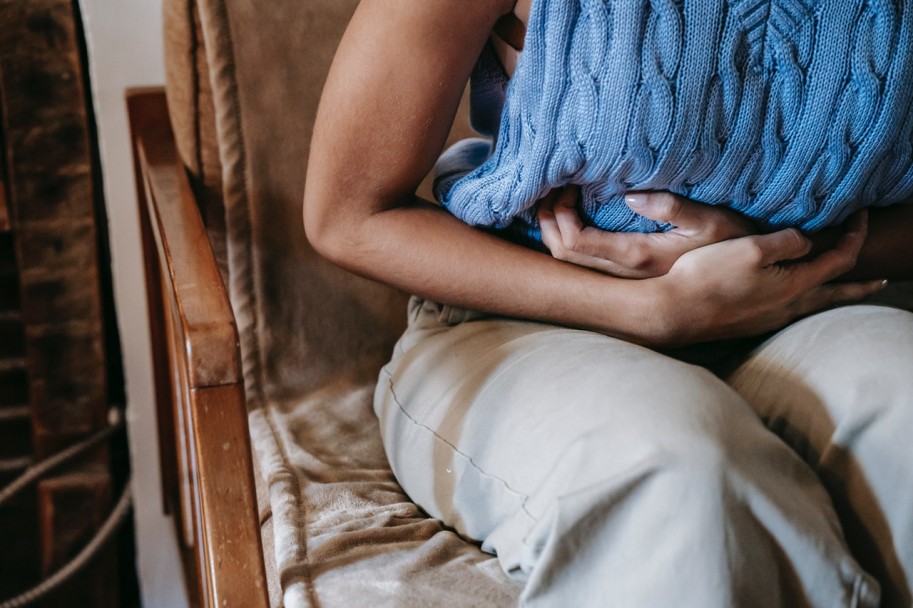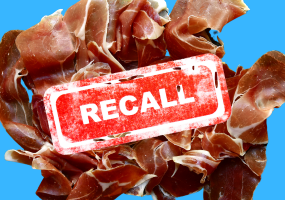
When we eat out at restaurants or grab a quick snack from our favorite local coffee shops and fast food stands, we expect certain standards of cleanliness and sanitation to be upheld. Businesses that prepare and sell food and drinks for consumption are legally obliged to follow these standards and safeguard the well-being of their customers. Unfortunately, the rules aren't always followed all the way.
When standards of food safety start to slip, it's often the unsuspecting customers who pay the price. Statistics show that 1 in 6 Americans get sick from foodborne diseases every single year, with 3,000 annual fatalities and tens of thousands of hospitalizations. A lot of these cases can occur in the home, caused by people failing to store or prepare their own food with the proper care, but some cases can occur in professional eateries and dining establishments too.
Food poisoning can lead to a lot of nasty symptoms, from vomiting and diarrhea to dizziness, fatigue, and high fever too. What's more, certain individuals, like the elderly or young children, or those with weakened immune systems, are at an even higher risk of these kinds of foodborne germs. This is why it's vital to know exactly what to do if and when food poisoning occurs. Read on for the key steps to follow.
Know the Signs
In order to respond correctly to a case of food poisoning, you need to know what to look for and how to identify it when it happens. This means you'll need to do the necessary research and get the knowledge you need to respond effectively.
For example, it's important to recognize the signs and symptoms of food poisoning, such as nausea, headaches, fever, stomach pains, loss of appetite, and so on. It's also important to know that symptoms can appear very quickly (as soon as one hour after eating) or quite slowly (several weeks after eating), so even if you develop symptoms quite a while after eating, food poisoning may still be to blame.
Get Medical Attention if Needed
In many cases, food poisoning can actually be treated at home. It's caused by various bacterial infections, and most healthy people will be able to fight off the infection gradually over time. However, there are cases where food poisoning becomes too severe and needs to be handled by a professional.
If you exhibit serious symptoms, such as very high fever, chronic vomiting or diarrhea, or other worrying signs, be sure to consult your doctor as soon as possible. In some cases, individuals suffering from food poisoning might need to be put on an IV to replenish their body of fluids and may need to remain under supervision at a hospital for several days.
Consider Legal Assistance
If you or a loved one have suffered food poisoning after visiting a professional eatery like a restaurant, diner, coffee shop, or fast food location, you might be able to make a claim against the eatery for negligence. It may be, for instance, that workers in the kitchen were failing to adhere to proper standards of hygiene, causing the contamination that triggered your symptoms.
Finding a lawyer to speak to about your case can be a good way to learn about your options and get a professional opinion on the best course of action to take. There have been many cases in which plaintiffs made successful claims against eateries because of food poisoning, especially if the symptoms they suffered were severe, and you may be entitled to substantial compensation for your pain and damages.
Follow Medical Guidelines
It's important to note that recovering from food poisoning can take some time. It's often not as simple as spending some time in bed and waiting for the illness to pass. You'll need to be very careful in terms of what to eat and drink in the days following the incident. It's recommended to avoid solid foods at first, sticking with easily digestible alternatives like oatmeal, broth, and diluted fruit juices.
Doctors will also recommend keeping your body as hydrated as possible, as you may be losing a lot of fluids while suffering the symptoms of the poisoning. It's wise to avoid caffeine and alcohol during this time, and you may be recommended to take over-the-counter medications for diarrhea and nausea. Follow all medical instructions to help yourself make a full and rapid recovery.
Final Word
Food poisoning can be very unpleasant to live through, which is why it's always so important to ensure that all food you eat is prepared with care and attention. Keep these tips in mind to help you get through food poisoning if and when it does occur.
* This is a contributed article and this content does not necessarily represent the views of foodworldnews.com









